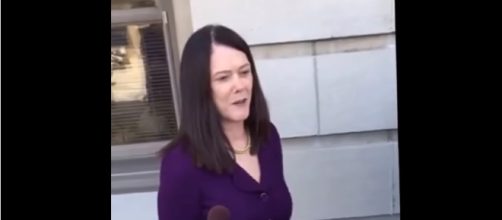Kathleen Zellner, attorney for Steven Avery, recently filed a petition for Post Conviction Relief that has people talking. Included in this petition is an affidavit from Lawrence Farwell, Ph.D. In this affidavit, Dr. Farwell asserts that by using brain fingerprinting, he can tell with 99.9 percent statistical confidence that Steven Avery had no first-hand hand knowledge of the crime.
Brain fingerprinting derided as junk science
Immediately there were cries of derision, claiming junk science to be inadmissible. Critics were quick to point out that it had only been used in one case before, Harrington v.
Iowa, 2000. It seems clear that while many critics may have glanced through the decision in Harrington, they didn't really absorb what it said. Clearly however, Kathleen Zellner did.
In Harrington, brain fingerprinting was used as newly discovered evidence, along with due process violations (Brady violations) as a basis for the petition for Post Conviction Relief. The Iowa Supreme Court decision holds a very small, and easily overlooked clue. In relation to brain fingerprinting, the Iowa Supreme Court states in it's decision:
"Because we conclude the due process claim is dispositive of the present appeal, we do not reach the question of whether the trial court erred in rejecting Harrington's request for a new trial on the basis of newly discovered evidence.
Nonetheless, we briefly review the evidence introduced by the defendant at the PCR hearing with respect to various witnesses' recantation of their incriminating trial testimony, as it gives context to our later discussion of the materiality of the police reports. Because the scientific testing evidence is not necessary to a resolution of this appeal, we give it no further consideration."
The opened door resulted in a new trial for Harrington
Simply stated, the claim of new evidence in the form of brain fingerprinting opened a door. That was all that was needed. That newly discovered evidence led to the review of other evidence attached. It is interesting to note that in Harrington, there were also Brady violations and because of this, a new trial was granted.
Brain fingerprinting may well be junk science; it's too early to tell how the courts will receive this form of forensic analysis. However, one thing it certainly does is open doors, and smart attorneys will walk through them, case file in hand, ready to fight. Kathleen Zellner saw this opportunity and took it, like any good attorney would do on behalf of her client.


